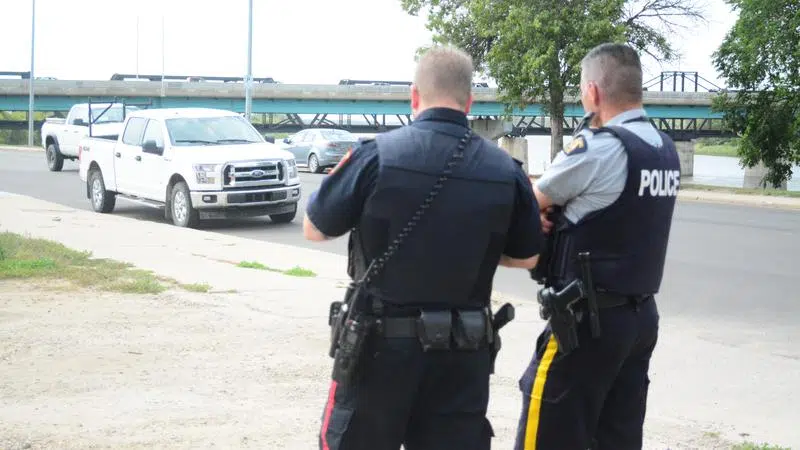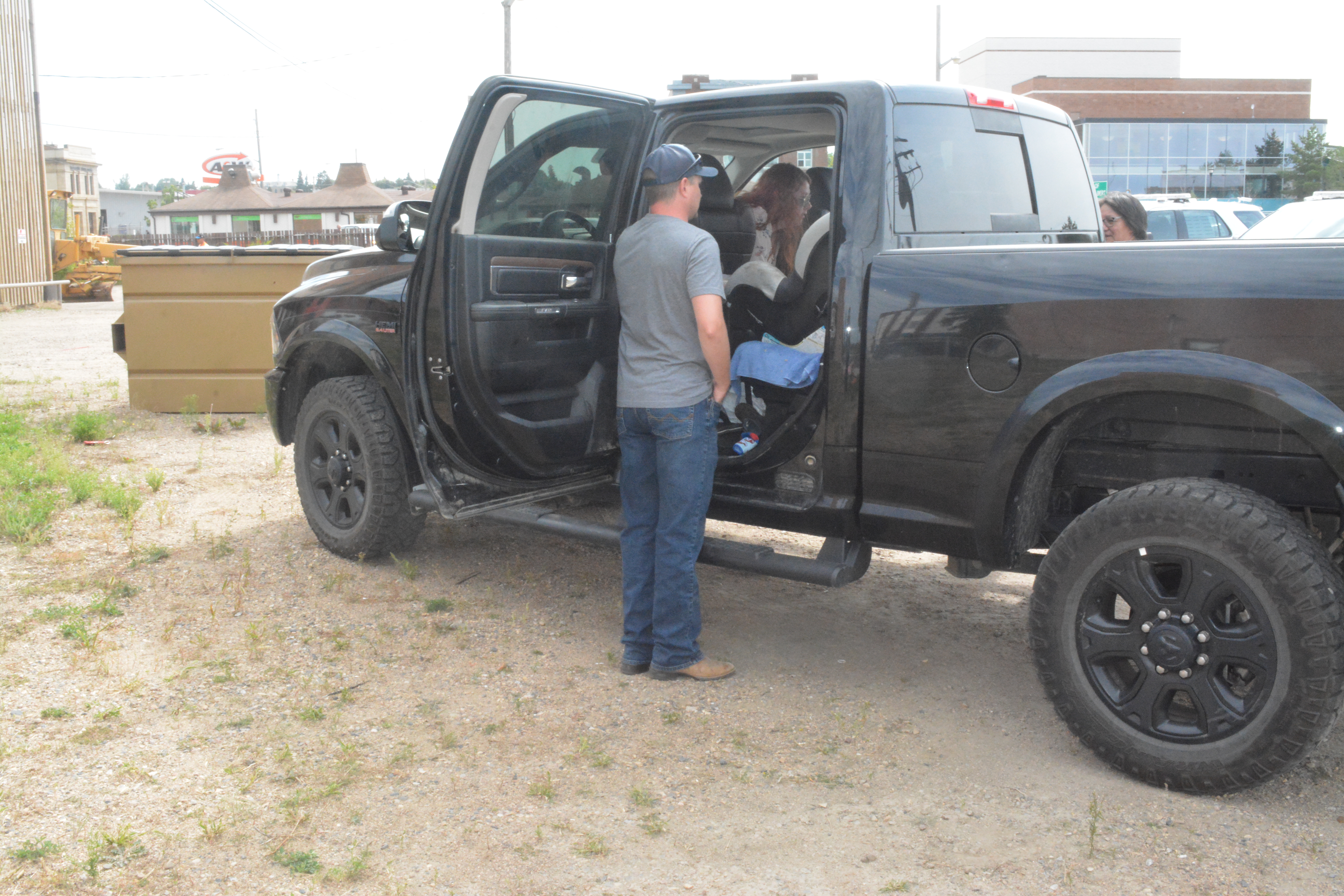
Police and others team up to promote road safety
The Selective Traffic Enforcement Program (STEP) is in Prince Albert.
The initiative brings together police officers from a number of police services along with those working in public safety education. On Thursday they were set up at checkpoints around the city where vehicles were pulled off the road for infractions and inspections.
Sgt. Terry Epp with P.A. Police said checkpoints were set up at four different locations around the city with the hopes of achieving an overarching objective.
“We get together from all parts of the province and enforce and educate people on traffic safety,” he said.



